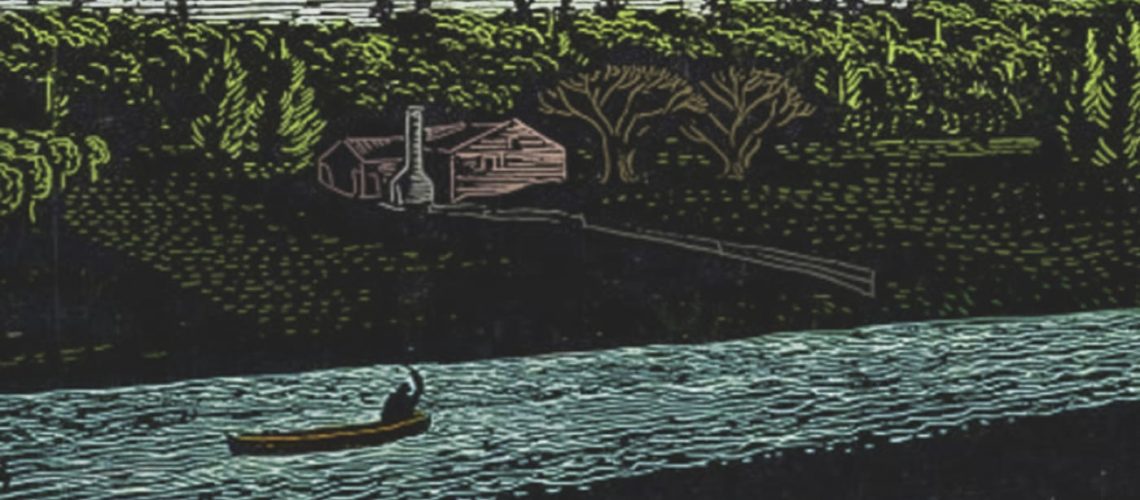The Museum at Campbell River and the Haig-Brown House have been spending the summer interviewing people for a new podcast being launched fall 2021 in conjunction with the Haig-Brown Festival. Taking Measure, hosted by Dan MacLennan, explores Roderick Haig-Brown’s 1950 classic work Measure of the Year: Reflections on home, family, and a life fully lived. As part of this month’s Look Back column, we wanted to share a few excerpts from the interview with Roderick and Ann Haig-Brown’s youngest daughter, Celia. To introduce her interview, Celia reads a favourite passage written by her father:
“I sometimes think the only crime a parent can commit, short of not loving a child, is to try and force it into the realization of his own half-forgotten dreams. There is no reason why the child of any parent should excel, or even want to excel, no reason why it should ever be urged to strive and fight beyond its strength. A child, and the man or woman after the child, must strive within its strength, up to its own full realization. It must learn to feel and know the world about it, advance the world if it will, use the world so far as it must, understand the world as it can…Let them only be true to themselves so that they have true selves to give. Let them be sure in this, feeling the strength of their sureness within themselves, not in relation to or in competition with other men and women, but in relation to an absolute standard their own hearts know.”
Celia then explains: “He instilled in all of us, and I hope I’ve instilled it in my children as well, an ability to really pay attention to detail, to never accept things at face value, but always to be prepared to delve more deeply into what it was we thought we were seeing. That has certainly served me well in my research. And in my job as a professor, but also in my everyday life.”
Over the course of the conversation she reflects on growing up at the Haig-Brown House next to the river, her love of horses and how the animals and the place she grew up shaped her life. As an adult she moved to live by the Humber River in Ontario, again finding a place near flowing water. “The Humber to me is just such an amazing river in what it’s experienced, what has been done to it. It continues to flow. That endless forgiveness that comes from rivers, this water cycle where if we could just stop dumping garbage into it, stop clearing the riverbanks allow the riparian areas to come back.” She notes on being by rivers: “…it’s grounding in terms of locating oneself, but it’s also that flow, which reminds you nothing is still, everything is in motion. Any kind of sense of things being static is actually a bit in denial of life force.”
This podcast episode and more will be releasing September 26, 2021, on World River Day.


